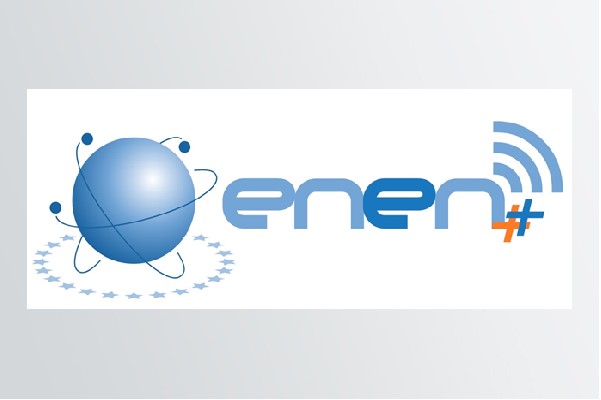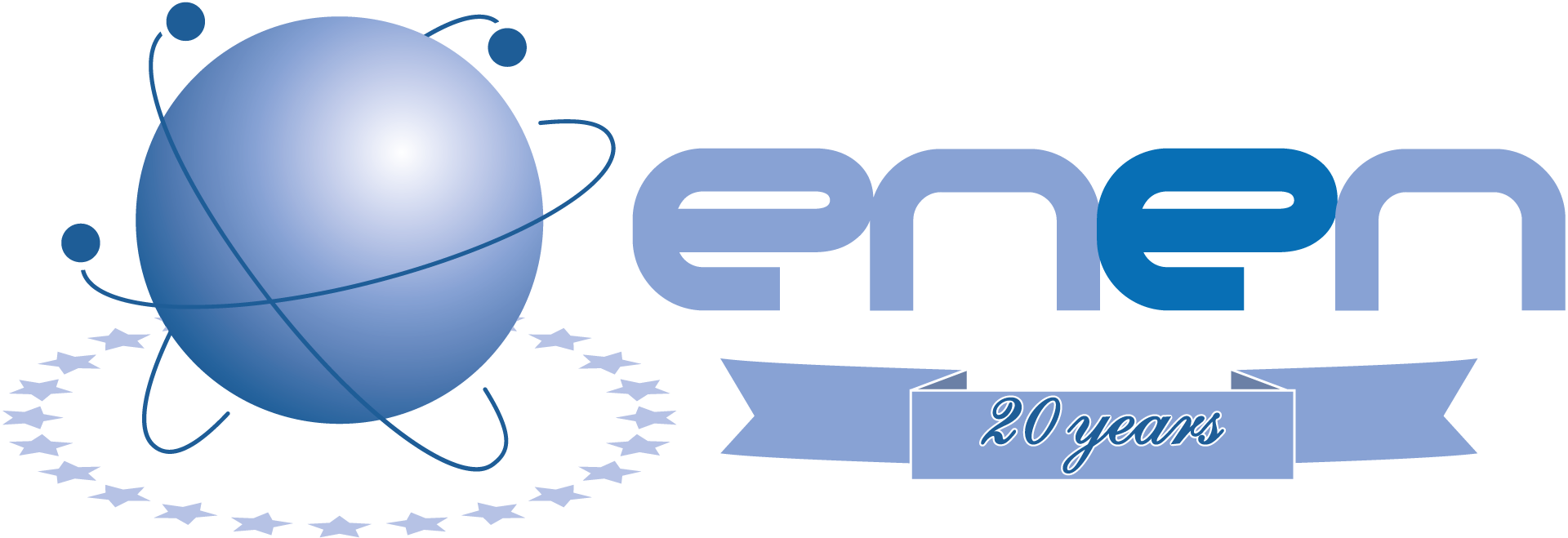EHRO-N
European Human Resources Observatory for the Nuclear Energy
JRC’ s Institute for Energy and Transport
The situation concerning nuclear human resource has deteriorated in the EU in the past decades and there is a risk of the loss of important nuclear knowledge if no action is taken. This prompted the Council of the EU to conclude, on 1 December 2008, that it is “essential to maintain in the European Union a high level of training in the nuclear field” and, at the same time, preserve the skills that we already have. (Council’s Nuclear Safety Directive, 25 June 2009). The idea of EHRO-N emerged within the European Nuclear Energy Forum (ENEF), which was launched by the European Commission’s Directorate General for Energy (DG ENER).
The setting up of the European Human Resources Observatory for the Nuclear Energy Sector (EHRO-N) began in October 2009. The European Commission’s Directorate General Joint Research Centre (DG JRC) – more specifically its Institute for Energy and Transport (IET) – has been charged with its implementation and day to day management.
On 16 September 2011, the European Commission published its “First situation report on education and training in the nuclear energy in the European Union“, mentioning EHRO-N as “the central information source”.
The management of EHRO-N consists of two instruments:
1. The DG JRC’ s Institute for Energy and Transport, os the Operating Agent, providing the necessary infrastructure, networking and long term stability. Its activities focus on the setting up and maintenance of a database and the carrying out of regular analyses, reviews, compilations and specifications. The activities also include the maintenance of close links with organizations and related initiatives: ENEN, SNE-TP, ENEF, IAEA, OECD-NEA, ENS etc.
2. The Senior Advisory Group (SAG) – composed of highly-qualified experts, who meet twice a year and focus on providing general guidance on conceptual issues.
EHRO-N:
1. Produces and regularly updates a quality-assured database on the short-, medium-, and long-term needs for human resources for the different stakeholders in nuclear energy and nuclear safety
2. Identifies gaps and deficiencies in the European nuclear education and training (E&T) infrastructure and elaborates recommendations for remedial actions and optimization.
3. Plays an active role in the development of a European scheme of nuclear qualifications and mutual recognition.
4. Regularly communicates by conventional and electronic means relevant data to the Member States governmental, academic, and private organizations involved in nuclear E&T.
5. Provides information and recommendations to the European Commission that could be used to report to the European Parliament and the Council.


